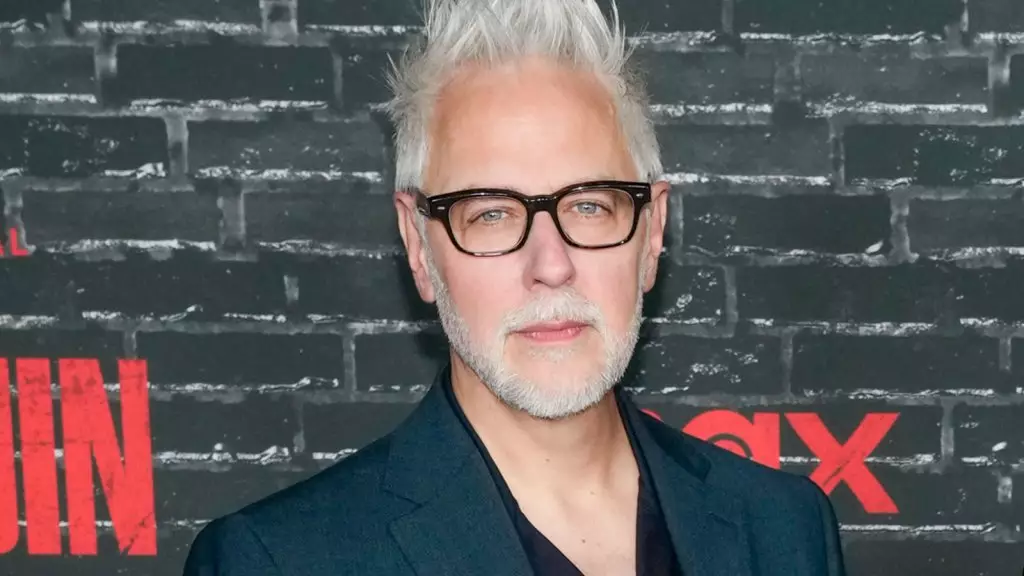With the highly anticipated launch of the DC Universe’s (DCU) Gods and Monsters phase, James Gunn is not just limited to reimagining classic characters but is actively laying the groundwork for new narratives that could redefine the superhero genre. As he gears up for the release of Superman and continues with projects like Peacemaker Season 2 and Lanterns, one questions the weight of anticipation behind his promising “favorite thing.” This level of secrecy tends to fuel both excitement and skepticism. What can moviegoers really expect from the man who has taken the dichotomy of heroism into uncharted waters?
What drives the promise of his new project, rumored to be “in pretty good shape,” is not just the potential storytelling but rather Gunn’s strategic, almost paranoid approach to safeguarding his original ideas. The fear of others “ripping off” his concepts is valid in a saturated market, yet it speaks volumes about the current state of the entertainment industry, where originality often feels like a fleeting commodity. One must ask: can a universe built on the shoulders of iconic characters truly explore fresh narratives, especially when every revelation is met with the media’s scrutiny and public speculation?
The Obsession with Secrecy
Gunn’s approach to shrouding his projects in mystery raises important questions about transparency within the creative process. While maintaining suspense can be part of the excitement, it can also alienate dedicated fans who crave openness about the direction of their beloved franchises. The notion that certain films, like the unannounced projects hinted at by Gunn, may be “too easy to rip off” reflects a culture of mistrust amongst creators. It’s clear that Gunn is aware of the market’s sensitivity to innovative ideas; however, this mindset could inadvertently stifle the kind of open collaboration necessary for a thriving cinematic universe.
There’s merit in safeguarding intellectual property, yet creativity necessitates a communal spirit. The most profound ideas often emerge from discussion and constructive criticism. The concern that competitors will usurp his ideas is, in itself, a symptom of an industry that prioritizes commercial success over storytelling. Cinema, at its best, is about sharing and evolving ideas rather than hoarding them for fear of imitation.
A Vision Beyond Superman
As the July 11 release of Superman approaches, it’s crucial to view it not just as an entry point for the new DCU, but as the most significant test of Gunn’s vision. Expectations are sky-high, particularly for a character loaded with cultural baggage, yet the fervor surrounding his upcoming projects serves as a reminder of our craving for innovative artifacts in an era that sometimes appears creatively stagnant.
Gunn’s willingness to explore lesser-known characters alongside mainstream figures may very well be the catalyst that reinvigorates the superhero genre. As he crafts this next phase of storytelling, embracing both the mainstream and the obscure may ultimately lead to the depth that has been missing in superhero narratives. By nurturing unexplored plots and bringing diverse characters to the forefront, Gunn has a formidable opportunity to not only captivate audiences but also reshape the landscape of comic book adaptations as we know them.
In a landscape dominated by formulaic blockbusters, the challenge for Gunn and his team is to transcend the superficial, creating emotionally resonant experiences that do not simply rely on nostalgia but strive for originality. The true test lies not just in configurations and character arcs, but in the ability to connect with an audience yearning for genuine storytelling.


Leave a Reply